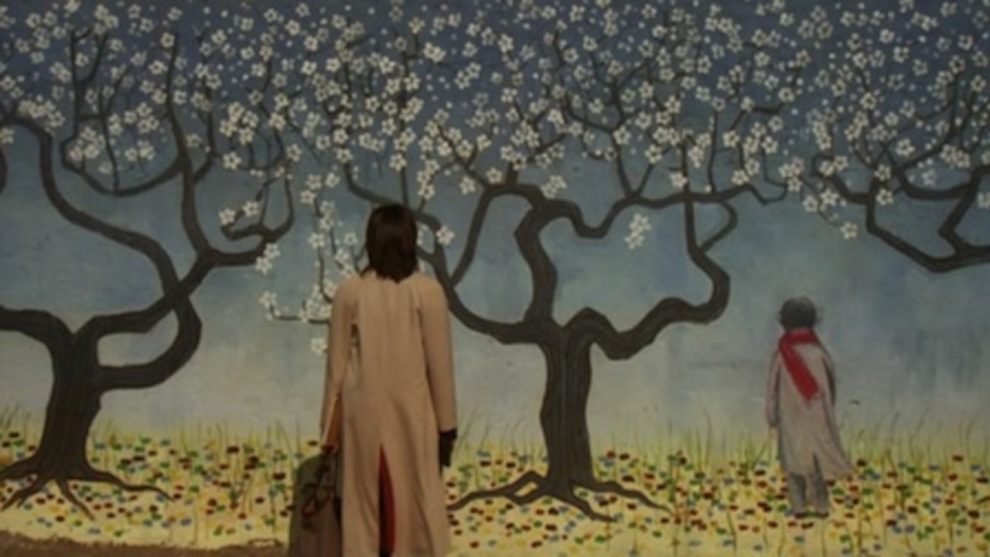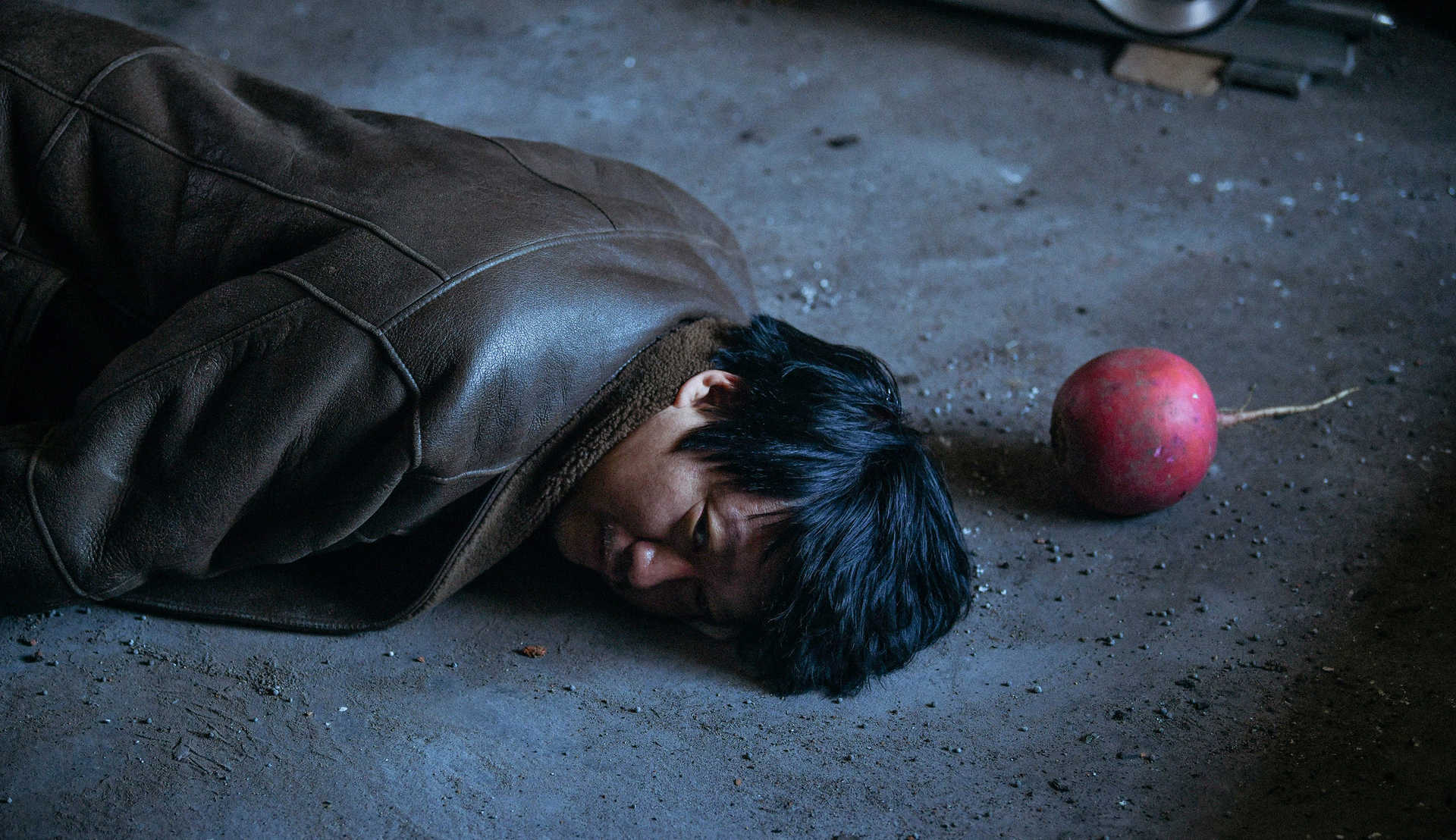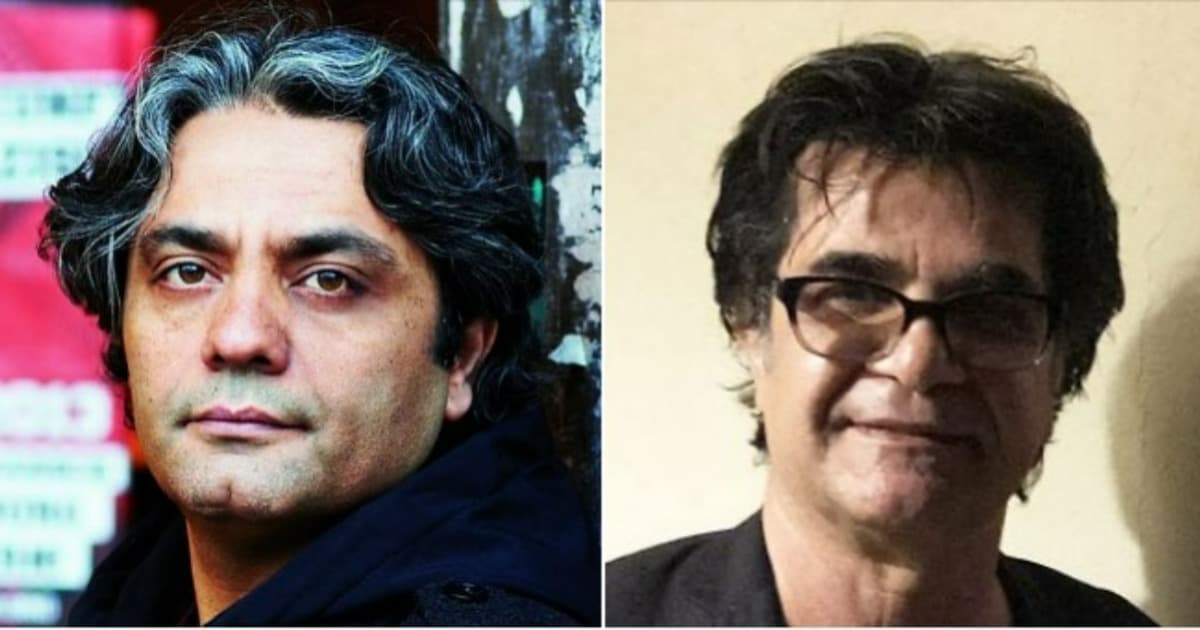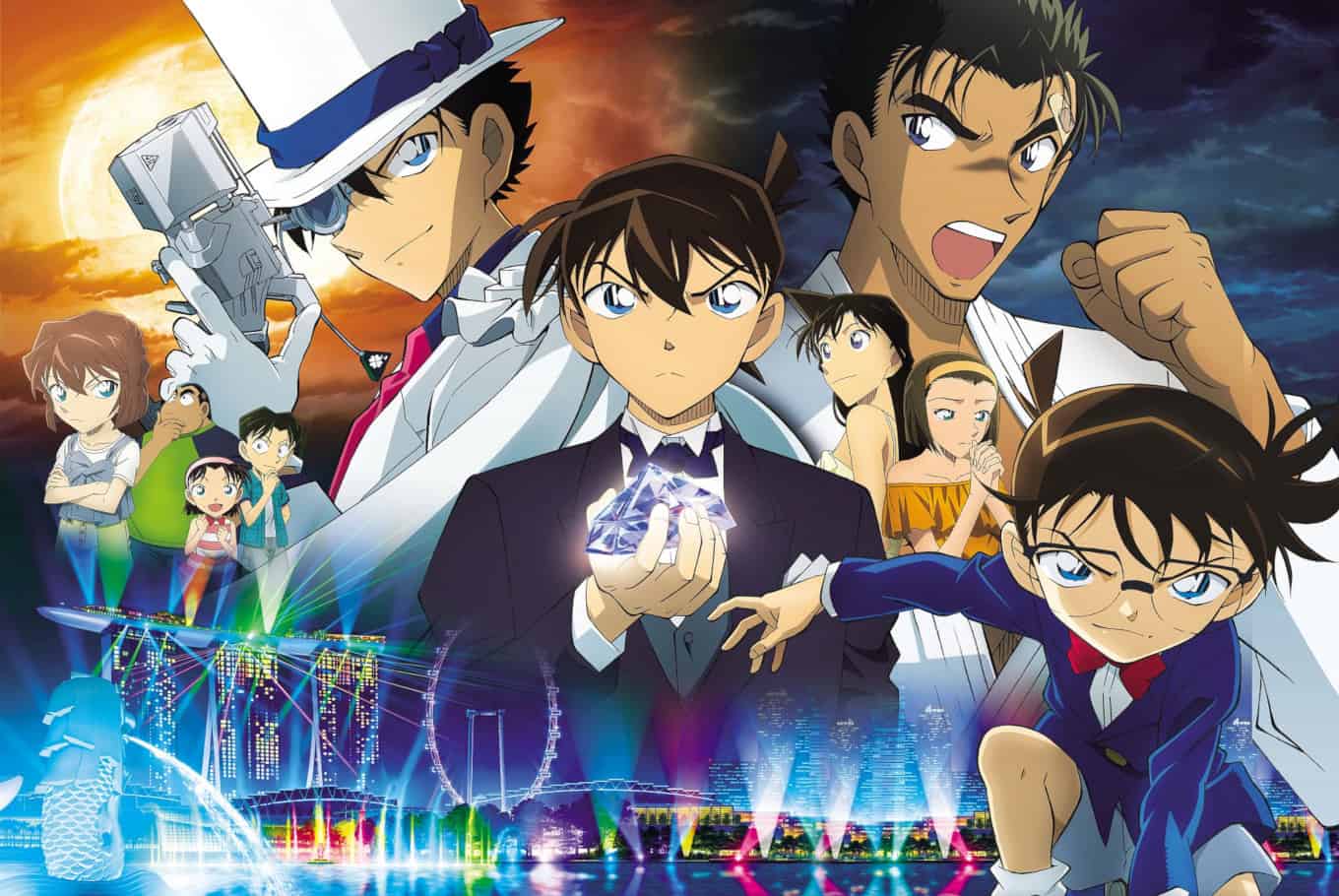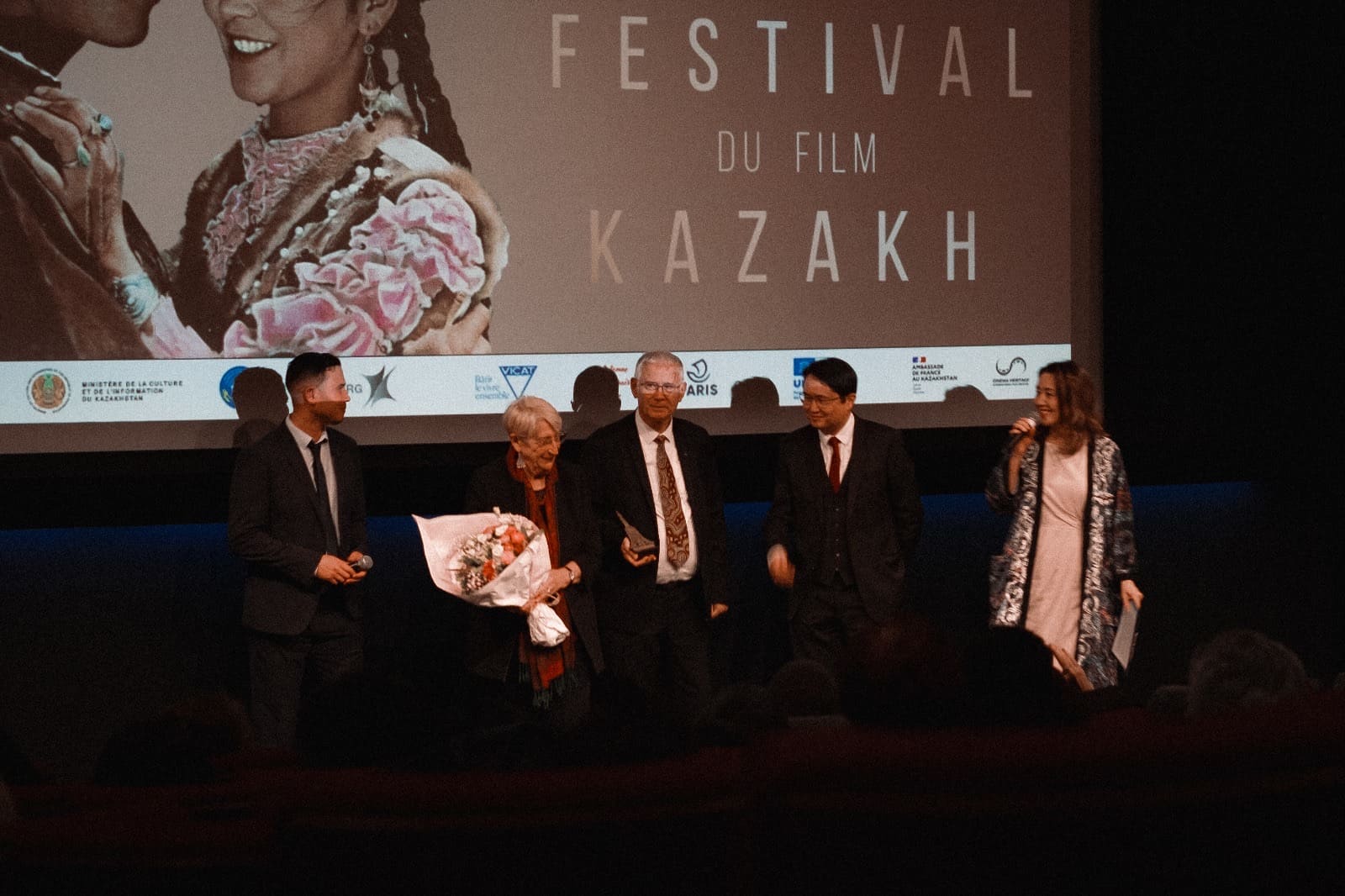Featuring Karena Lam and Liu Ye in the protagonist roles, Shigeru Umebayashi as the composer, Taiwanese Jimmy Liao providing the illustrations, and Stanley Kwan as producer, “The Floating Landscape” is anything but void of big names. Furthemore, DP Arthur Wong won the Best Cinematography Award at the Hong Kong Film Awards, cementing an overall great cast and crew with his effort. Let us take a closer look at the film however.
“The Floating Landscape” is screening at New Waves, New Shores: Busan International Film Festival
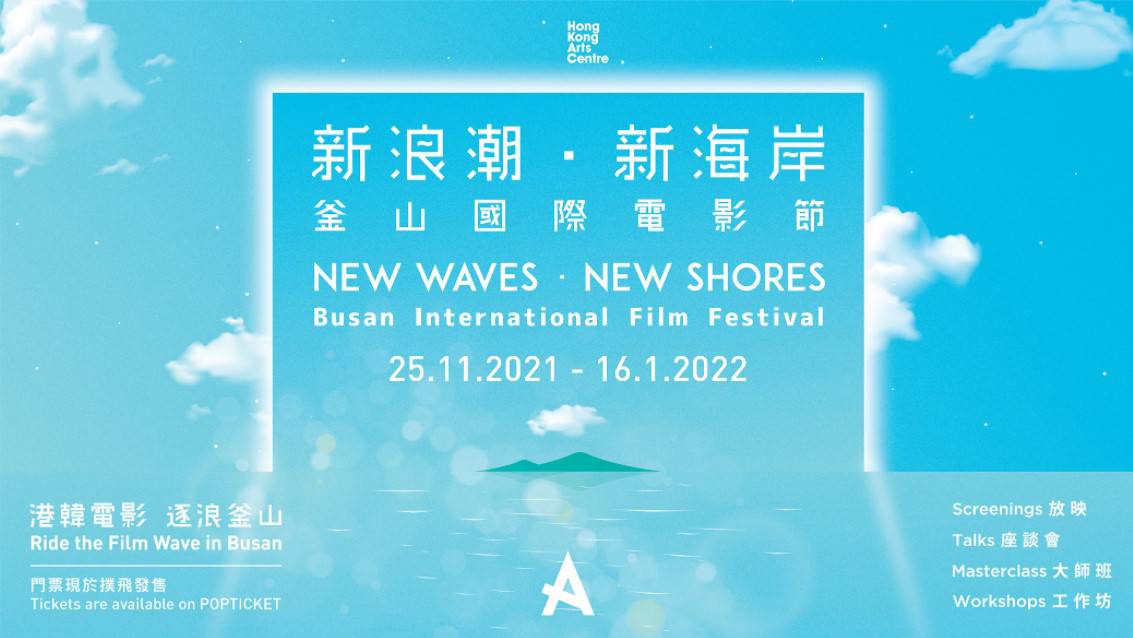
Following the sudden death of her talented illustrator boyfriend Sam, the depressed and inconsolable Mann travels to his birthplace Qingdao, in a desperate effort to stay close to him, by understanding why the city meant so much to him, as his last work highlights in the most eloquent way. As soon as she gets there, she spends her time roaming aimlessly around, while copying the pages of his diary. Eventually, she is introduced to a local postman, Lit, who seems willing to help her in her search. As they start spending more time together, again walking around town, it becomes evident that the young man wants more from her.
Lai Miu-suet takes a very interesting approach to the whole concept of grief, particularly since her protagonist does not seem to seek for a way to get over her grief but instead to indulge in it as much as possible, even if it becomes obvious that her approach is destroying her, especially because her feelings for him have not toned down at the least. Through this approach, and also through his narration of his diary and the presence of his voice during the flashbacks that appear throughout the movie, Lai manages to show how his presence still lingers for Mann, essentially having as a third main character in the story, something that definitely helps the rather minimalistic narrative.
Furthermore, the filmmaker also manages to analyze her protagonist fully, particularly because, as time passes, her fear of forgetting Sam completely emerges as her biggest issue, while contrasting her need to find out more about him, since the discovery of his reasons for being obsessed with Guangzhou might as well be the last thing that connects Mann with the deceased. This multileveled, contradictory fear, seems to be the driving force behind all her actions and decisions, although, in a contradiction of yet another level, Mann eventually commits suicide, an action that, potentially, could mess both her aforementioned goals.
Lastly, through both Mann and two peripheral characters, her landlady who is separated from her husband and an elderly neighbor whose own husband is always dozing on the porch, Lai makes her most pointed comment, highlighting how women can be completely dependant on their significant others, and how this dependance harms them on a number of levels.
Lai and Danny Pang Phat's editing implements a rather slow pace, which, in combination with the rather uneventful approach of the narrative, results in a movie that is only addressed to hard-core art-house fans. The suicide attempt, and the lyrical ending, provide a welcome relief, but the film remains, from beginning to end, slow-burning. At the same time, this approach allows Karena Lam to shine in her subtle presentation of her inner pain, and for the potential romance to be painfully still, in an element that actually works well within the narrative. Furthermore, the slow pace also gives ample time for the viewer to admire Arthur Wong's excellent cinematography, who manages to present images of intricacy even in this mundane setting.
.
“The Floating Landscape” may be too slow and uneventful on occasion, but emerges as a rather layered movie in terms of its comments and main character, and one that will satisfy art-house fans and particularly women, who seem to be the main target group of the movie.


